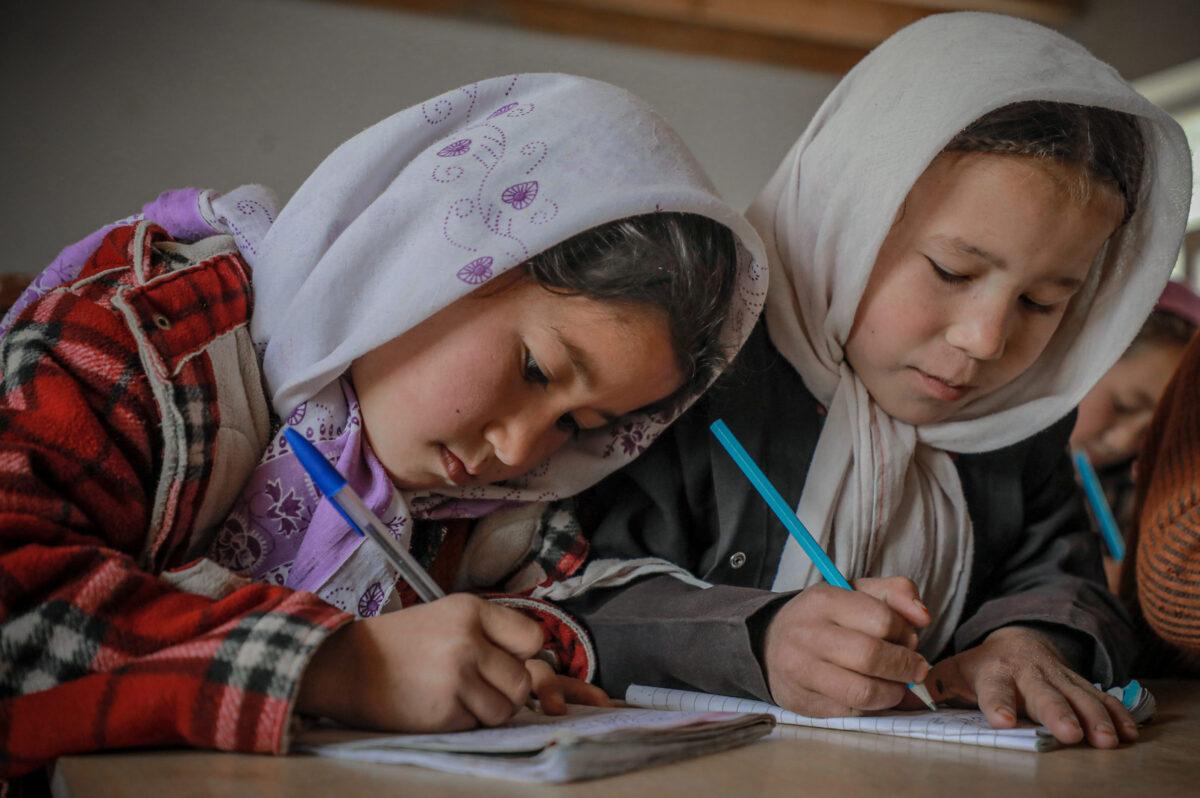For Afghanistan, Haiti and other Crisis-Affected Areas, Access to Education is Critical
The Global Campaign for Education-US is deeply concerned about the suffering of people in Afghanistan and Haiti in the midst of humanitarian crises, and stands in solidarity with educators and partners working tirelessly to secure the fundamental right to education for all children and youth. The timing of these geopolitical and environmental situations in the midst of the COVID-19 pandemic and response in both countries further compounds the barriers for children to access quality, inclusive education. In the midst of unfolding humanitarian crises in Afghanistan, Haiti and other contexts around the globe, it is more important than ever that responses include quality, inclusive education and whole child approaches in emergencies so that the most vulnerable children are not left behind.
Prior to the current political crisis, literacy rates in Afghanistan, at 43% for the general population and nearly 30% for women, were among the lowest in the world, with an estimated 18.4 million people (8.2 million children) in need of humanitarian and protection assistance. In the midst of the geopolitical crisis in Afghanistan, educational opportunities for children, and adolescent girls in particular, are under threat. A recent TIME report highlights that female teachers, students, and local officials in parts of western Afghanistan say education is at risk for thousands of girls, especially teenagers.
Haiti similarly struggled with the devastating effects of the coronavirus on education, health, and labor outcomes since the start of the outbreak, then two natural disasters hit Haiti hard: on August 14, 2021, a 7.2 magnitude earthquake struck, and days later, Tropical Storm Grace followed. Collectively, these compounded crises have left nearly half of the 12 million people in the country in need of immediate humanitarian assistance. Initial assessments indicate that 63 schools have been destroyed and 218 schools damaged, immediately impacting over 84,000 children.
In the midst of these unfolding emergency situations, it is critical that children in both Afghanistan and Haiti, and in other crisis-affected contexts around the globe, continue to be supported with appropriate and high-quality educational opportunities. Education is a life-saving intervention in emergency and crisis settings, and school supports can serve as protection from long-term psychosocial trauma, abuse, and exploitation into violent groups. Schools often serve as resources for food, water, health, and hygiene supplies.
The Global Campaign for Education-US supports the global multilateral fund for education in emergencies, Education Cannot Wait, and our coalition partners directly involved in these education in emergency responses. We affirm statements from Malala Yousafzai and others in support of continued educational support for all children, and girls in particular, during these tumultuous situations. Education is key to mitigating the current and long-term impact of the adversities facing residents of Afghanistan and Haiti, particularly the most vulnerable young children and youth.
We call upon donors, humanitarian agencies, and government leaders to prioritize inclusive education and whole child approaches in these unfolding crises, and increase investments to education and vulnerable children.

